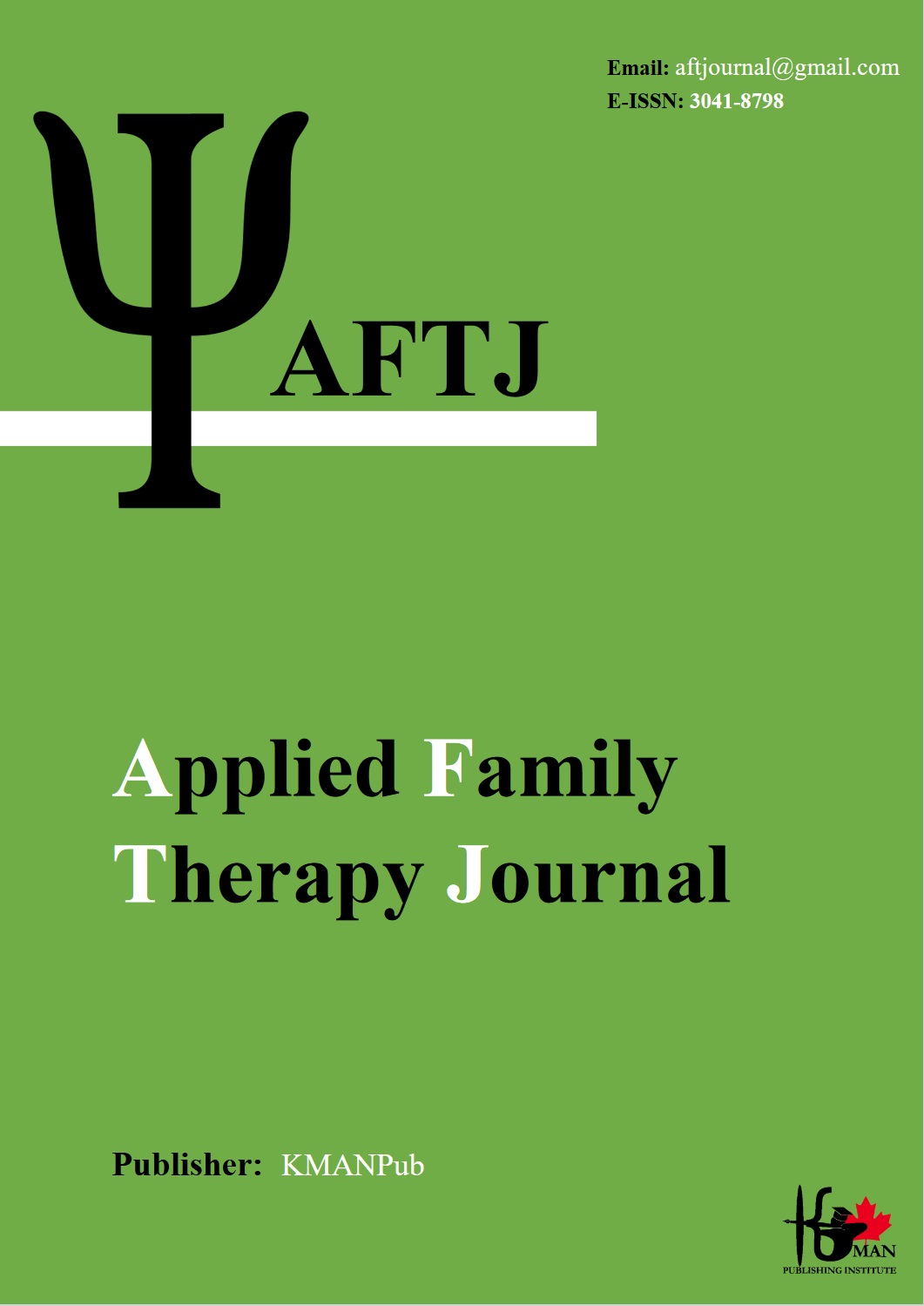The effectiveness of cognitive therapy based on mindfulness and positive thinking on improving mental health, perfectionism and cognitive emotion regulation strategies in family heads with major depressive disorder
Keywords:
mindfulness, cognitive emotion regulation, mental health, perfectionism, positive thinkingAbstract
Aim: The purpose of this research is the effectiveness of cognitive therapy based on mindfulness and positive thinking on improving mental health, perfectionism and cognitive emotion regulation strategies in family heads suffering from major depressive disorder. Method: The research method was semi-experimental with a pre-test-post-test design and follow-up with the control group. The statistical population of the present study included all heads of families suffering from major depressive disorder in Aran and Bidgol cities in 2020, of which 60 people were selected by purposive sampling and in the experimental groups of cognitive therapy based on mindfulness (20 people) and positive thinking. (20 people) and control (20 people) were placed. The data were obtained using Garnevsky et al.'s (2001), Terry-Short et al.'s (1995), and Goldenberg's (1979) mental health questionnaires. Seligman et al.'s (2005) positive thinking skills training protocol and Rebecca's (2009) mindfulness-based cognitive therapy were held weekly for eight sessions. The control group received treatment and was put on a waiting list. In line with inferential analysis, analysis of variance with repeated measurements and SPSS 22 software were used. Result: The results showed that between the two cognitive therapy groups based on mindfulness and positive thinking and the mental health evidence group (P<0.01 and F = 60.48), compromised self-regulation (P < 0.01 and F = 39.40) and uncompromising self-regulation (P < 0.01 and F = 50.99), positive perfectionism (P < 0.01 and F = 8.76) and negative perfectionism (P < 0.01 and F = 27.44), a statistically significant difference There is, and compromised self-regulation in the mindfulness-based cognitive therapy group (P < 0.01) and mental health in the positive thinking group at the end of the post-test was higher than the mindfulness-based cognitive therapy group (P < 0.05). Conclusion: It can be concluded that in terms of effectiveness, cognitive therapy training based on mindfulness had the greatest impact on compromised self-regulation and positive thinking on improving mental health.
Downloads
Downloads
Published
Issue
Section
License
Copyright (c) 2020 SeyedAliAsghar SeyedEbrahimi (Author)

This work is licensed under a Creative Commons Attribution-NonCommercial 4.0 International License.























